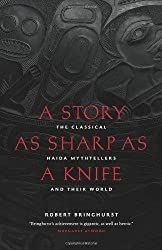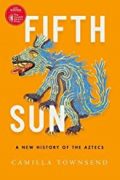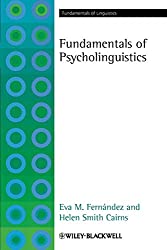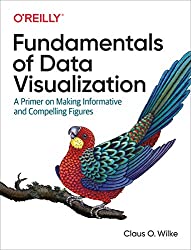
Rating: 7.3/10.
A collection of Haida mythology, interspersed with analysis of them, and commentary of how the myths were collected. The Haida are a first nations group living in the Haida Gwaii islands of British Colombia, and in 1900, linguist John Swanton from Harvard was sent to study their culture. He ended up seeking their best poets, who told their stories while another Haida intermediary repeated the words slowly and carefully so that Swanton could write them down. He did this for a year, collecting thousands of pages of oral Haida poetry, but they were mostly underappreciated by his advisor and the outside world.
The actual myths I found quite difficult to follow. Usually a character is only described once, at the beginning, and for the next hundreds of lines, is only referenced by pronouns “he” or “they”. The listener is supposed to figure out the referent based on context, but it’s often ambiguous. The translator chooses to stay close to the original Haida language, which also does not contain this information — he feels it’s important to preserve the original as much as possible and not try to paraphrase or improve it. Poetry in Haida doesn’t use any rhyming or alliteration, so it’s more like prose, but there are a lot of metaphorical meanings.
The first two myths involve traveling to a kind of spirit realm, in the first story it is to pursue a wife who turns out to be a goose, and the second story to retrieve a daughter who was kidnapped. The next story focuses on the Raven, a central character associated with the creation of the world. The Raven is a tricky character, able to take human forms, and is greedy and does mischievous things, he is not seen as evil. I stopped reading it after 270 pages (60% of the way through), the contextual history is interesting but the main mythology text is to difficult to get into.



